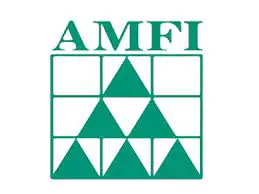Alternative Investment Funds (AIF) are pooled investment vehicles that invest in non-traditional asset classes such as private equity, hedge funds, real estate, and commodities. AIFs are designed to cater to sophisticated investors looking for higher returns and willing to take on higher risk.
Categories of AIFs:
- Category I AIF: Funds that invest in start-ups, early-stage ventures, social ventures, SMEs, infrastructure, and other sectors considered economically or socially viable. These include venture capital funds, social venture funds, infrastructure funds, and angel funds.
- Category II AIF: Funds that do not fall under Category I or III and do not undertake leverage or borrowing other than to meet day-to-day operational requirements. These include private equity funds, debt funds, and fund of funds.
- Category III AIF: Funds that employ diverse or complex trading strategies and may employ leverage including through investment in listed or unlisted derivatives. These include hedge funds and private investment in public equity (PIPE) funds.
Key Features:-
- Diverse Investment Strategies: AIFs offer a variety of investment strategies beyond traditional stocks and bonds.
- Professional Management: Managed by professional fund managers with specialized expertise.
- Higher Risk-Reward: Potential for higher returns comes with higher risk.
- Regulatory Framework: Governed by SEBI (Securities and Exchange Board of India) regulations, ensuring a certain level of oversight and compliance.
Benefits:-
- Access to Unique Opportunities: Investments in sectors and strategies not typically available through traditional investment vehicles.
- Potential for High Returns: Aiming for returns that can outperform traditional asset classes.
- Risk Diversification: Exposure to a variety of asset classes and strategies helps in diversification.



